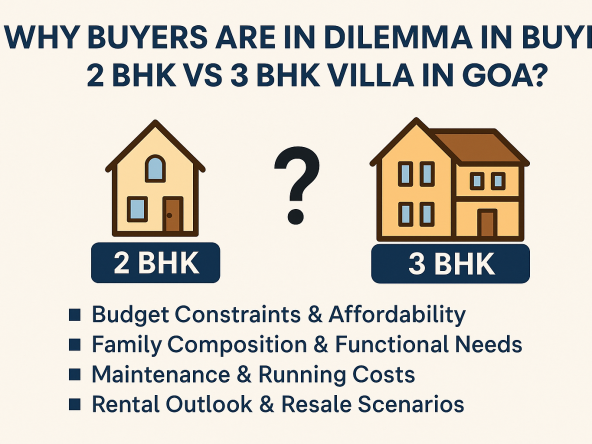2. You Can’t Buy a Home Without Perfect Credit
Misconception: Perfect credit is a must for securing a mortgage.
Reality: While good credit improves your chances of getting a mortgage with favorable terms, many lenders work with buyers who have less-than-perfect credit. Various loan programs are available for different credit scores, and improving your credit score can help you secure better financing.
3. The Market Will Always Appreciate
Misconception: Real estate always increases in value over time.
Reality: While real estate generally appreciates in value over the long term, there are periods of market downturns and fluctuations. Economic conditions, local market trends, and other factors can impact property values, so it’s important to do thorough research and not rely solely on historical trends.
4. You Should Always Buy Rather Than Rent
Misconception: Buying a home is always better than renting.
Reality: The decision to buy or rent depends on individual circumstances, including financial stability, lifestyle preferences, and market conditions. Renting might be a better option for those who are not ready to commit to a specific location or who want to avoid the responsibilities of homeownership.
5. The Listing Price Is the Final Price
Misconception: The price listed on a property is what you’ll pay.
Reality: The listing price is often just a starting point. Negotiations can and do happen, and the final sale price can be higher or lower than the initial asking price depending on market conditions, buyer interest, and other factors.

6. You Don’t Need a Real Estate Agent in a Hot Market
Misconception: Real estate agents are unnecessary in a hot market where homes sell quickly.
Reality: Even in a hot market, a real estate agent can provide valuable services, such as negotiating the best price, navigating contracts, and managing the buying or selling process. Their expertise can be especially beneficial in competitive situations.
7. Renovations Always Increase Property Value
Misconception: Home renovations will always lead to an increase in property value.
Reality: Not all renovations offer a good return on investment. The value added by renovations can vary based on the type of improvements, market conditions, and the preferences of potential buyers. It’s essential to research which renovations offer the best return for your specific market.
8. You Don’t Need a Home Inspection on a New Build
Misconception: New construction homes don’t need a home inspection.
Reality: Even new homes can have defects or issues. A home inspection can uncover problems that might not be immediately apparent, ensuring that the home is up to code and free of potential issues before you finalize the purchase.
9. You Can’t Buy a Home If You’re Self-Employed
Misconception: Self-employed individuals have a harder time buying a home.
Reality: While self-employed individuals may face additional scrutiny and documentation requirements, they can still qualify for a mortgage. Lenders typically require detailed financial records, such as tax returns and profit and loss statements, to assess income stability.
10. Real Estate Agents Are Overpaid
Misconception: Real estate agents make too much money for what they do.
Reality: Real estate agents work on a commission basis, which is typically a percentage of the sale price. Their fees often cover a range of services, including marketing, negotiating, and navigating the complexities of transactions. The value of their expertise can be significant in achieving a successful sale or purchase.
11. All Real Estate Agents Are the Same
Misconception: All real estate agents provide the same level of service and expertise.
Reality: Real estate agents have varying levels of experience, specialization, and skill. Choosing an agent with a strong track record and expertise in your specific market can make a significant difference in your real estate experience.
12. You Should Always Buy the Biggest Home You Can Afford
Misconception: The larger the home, the better.
Reality: Buying the biggest home you can afford might not always be the best choice. Consider factors like ongoing maintenance costs, utility expenses, and the potential for future changes in your lifestyle or family size. It’s important to balance your home’s size with your long-term financial and personal needs.
13. Real Estate Is a Passive Investment
Misconception: Real estate investments require little to no effort.
Reality: While real estate can be a lucrative investment, it often involves active management, including property maintenance, tenant management, and market research. Successful real estate investing requires time, effort, and knowledge.
14. You Can’t Negotiate Closing Costs
Misconception: Closing costs are fixed and non-negotiable.
Reality: While some closing costs are fixed, others can be negotiated. It’s possible to ask the seller to cover a portion of the closing costs or shop around for different service providers to find the best rates. Understanding the components of closing costs and negotiating them can save you money.
Conclusion
Understanding these misconceptions can help you approach real estate with a clearer perspective. Whether you’re buying, selling, or investing, having accurate information and realistic expectations is crucial for making informed decisions and achieving your real estate goals.


